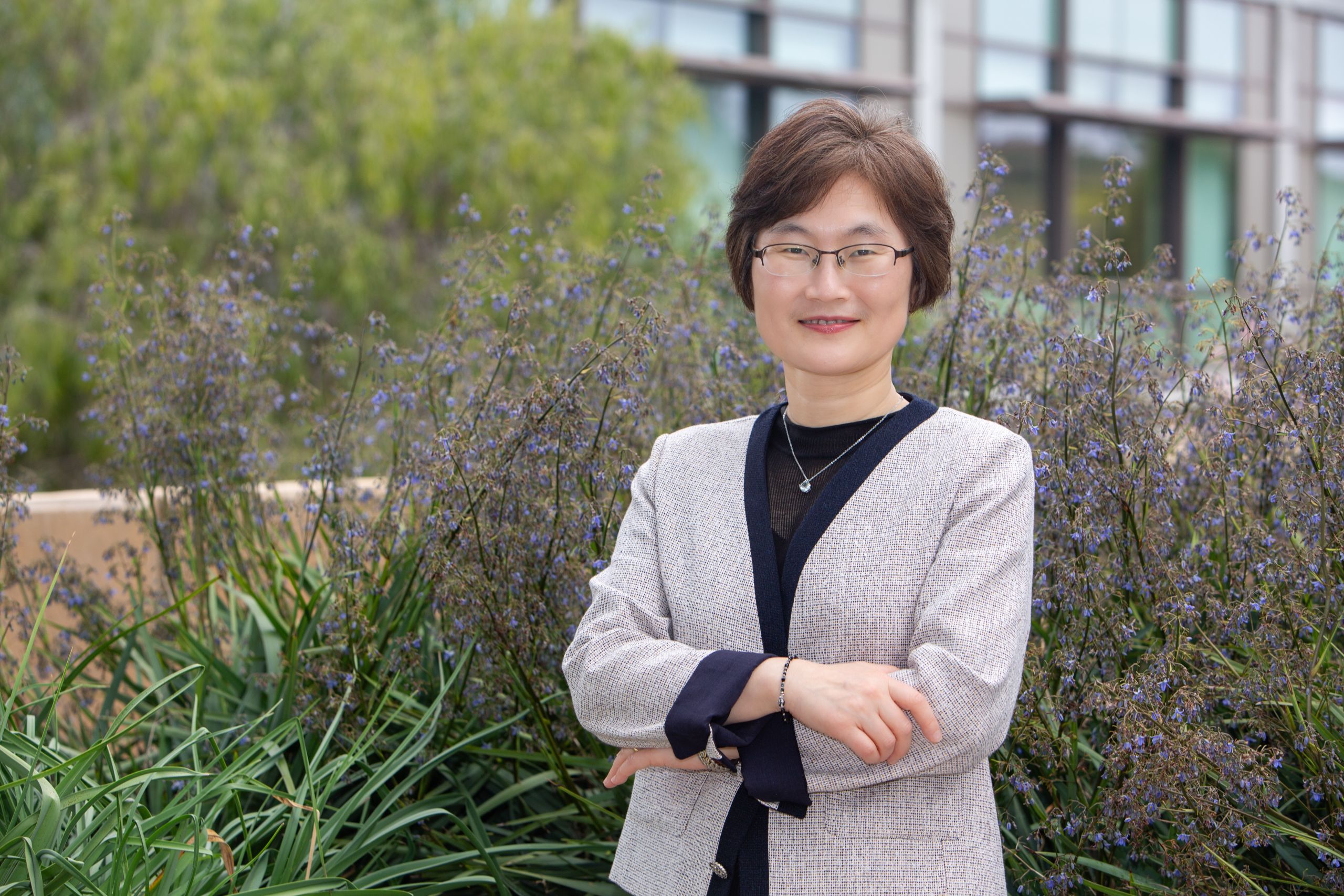
“People lose track of time when the future is in question,” says E. Alison Holman, PhD, a psychologist and an associate professor with the UCI Sue & Bill Gross School of Nursing.
“What day is it?”
It’s a common refrain these days. Because of the coronavirus pandemic, millions of people are feeling the normalcy of the past fade away while the future is an open question.
Those feelings are a phenomenon called “temporal disintegration,” and they are the direct result of trauma, according to E. Alison Holman, PhD, a psychologist and an associate professor with the UCI Sue & Bill Gross School of Nursing.
“People lose track of time when the future is in question,” she says. “The continuity from the past to the future is gone. That’s what they are experiencing right now.”
How the coronavirus crisis is different
The coronavirus crisis is not a singular traumatic event, such as a mass shooting, Holman says.
“There are so many secondary stressors associated with this: massive unemployment, financial strain, food shortages. The health care professionals we need to take care of us are not adequately protected, they’re getting sick and dying.”
Everyone’s everyday life is being affected in some way.
“That’s different than how a lot of collective stressors may have played out,” she notes.
There is also what she calls “acute punctuated stress.” We’re all under a certain degree of chronic stress, which can go up sharply in response to events like death toll spikes or communities going into lockdown.
Healthcare professionals best exemplify the phenomenon. “They are always stressed, but there will be acute events that make their lives even more stressful, such as a rush of patients who need critical care.”
COVID-19: A unique research opportunity
Holman’s research focuses on the traumatic effects of events such as fires, earthquakes and mass shootings on their surrounding communities and society as a whole.
With the coronavirus crisis, a more unique opportunity to study collective trauma arose.
A mass shooting is a singular event that has ripple effects, she says. But this is different.
“Coronavirus is a unique disaster. It’s not one thing. It’s a series of multiple collective forms of stress,” Holman says.
She and her team are currently analyzing the survey responses of more than 6,000 people across the United States. The data were collected over a month-long period and is still being evaluated.
“Because so much was changing so quickly, we designed our study so that we’ll be able to track the trends in early responses.”
Media usage a major factor in stress
Media use is associated with stress, something that Holman’s research has long validated.
Conflicting information may be particularly stressful for many, especially when it changes by the day.
“The more media people use, the less well they function,” Holman cautions. She suspects that people may be more drawn to the media than during previous events, given the changing, ambiguous and uncertain nature of the pandemic.
How to protect your mental wellness
Holman has a number of tips for protecting your mental well-being at times like this. Doing so is crucial: Her research has shown that the stress we’re under now can have health consequences later.
First and foremost, mind what you consume.
“Go to sites that present information in an unbiased, unemotional way. Get your information in a calm way,” she says. She recommends the Centers for Disease Control (CDC), World Health Organization (WHO) or Johns Hopkins University Coronavirus Resource Center.
Limit your time with these sites, as well. Get your information once or twice during the day, then log off, suggests Holman.
Her other tips include:
- Share factual sources on social media. “If something angers or upsets you, think twice about sharing it,” she says. A lot of social media content is designed to provoke a response, and it’s not good for you or the people you’re sending it to. If you are not sure whether it is true, fact check it on Snopes.
- Stay connected. “It’s physical distancing but social connecting.” Make use of digital tools to stay close with those you love.
- Get exercise, whatever it is. There are free classes online for just about any type of exercise. “Keep your body moving so you’re not paralyzed and shutting down,” says Holman. It’s also good for your brain.
- Eat right. Our bodies are already experiencing a challenge – don’t add to it. “Sugar in particular is known to cause mood changes,” she says, and she recommends avoiding it.
- Do breathing exercises. Breathing exercises can dampen the stress response. Holman recommends the 4-7-8 method for its calming effects: inhale for four counts, hold your breath for seven and exhale for eight. Repeat four times.
- Help others, especially healthcare professionals. “Most of us have a healthcare professional in our neighborhood,” she notes. Find out if they need groceries, help with an errand or order them a meal. “When you give to others, it’s good for you and your community.”




Follow Us!